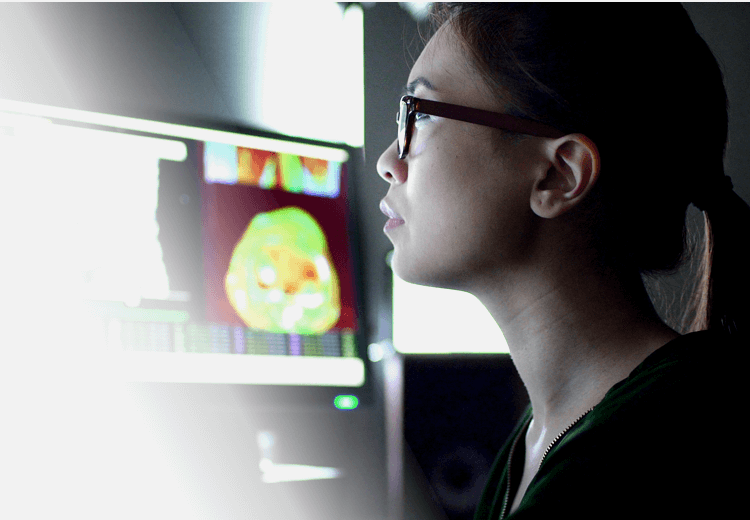
Updated database also features program’s first set of wearables data
Today the All of Us Research Program released an updated version of the Researcher Workbench, with expanded health data and upgraded tools to drive new biomedical discoveries. Now, for the first time, researchers have access to information about All of Us participants’ experience with the COVID-19 pandemic through answers to survey questions on mental health, social distancing, and economic impacts. The new release also includes the program’s first set of Fitbit data, with information about participants’ physical activity and more.
The new information in the Researcher Workbench highlights All of Us’s comprehensive approach to data curation. The program is building a database that enables researchers to easily look at data across different sources, offering a more detailed picture of participants’ health that encompasses both biological factors and social determinants of health.
“Our participants have always been eager to support health research, and with the devastating effects of a global pandemic, their contributions to important questions about COVID-19 will have an impact on what researchers learn about this disease,” said Josh Denny, M.D., All of Us’s chief executive officer. “We welcome researchers nationwide to the Researcher Workbench, to put this data to work to benefit the health of their communities.”
All of Us introduced the beta version of the Researcher Workbench in May 2020, with data from the program’s first 225,000 participants. All of Us participants span a wide range of ages, races, gender identities, sexual orientations, and socioeconomic levels. Since the initial beta release, more than 130 academic, nonprofit, and health care organizations around the country have signed the program’s data use agreement so their researchers could get access.
Features of the new release include:
More data, from more participants: The latest release includes information from more than 315,000 participants, more than three-quarters of whom are from communities that are underrepresented in biomedical research and about half of whom are racial and ethnic minorities. The expanded dataset represents a 40% increase in participants with survey information and a 60% increase in participants with electronic health record information over the original beta release.
COVID-19 survey data: All of Us released its recurring COVID-19 Participant Experience (COPE) Survey beginning in May 2020 to learn more about changes in participants’ daily life, health, and well-being over the course of the pandemic. In this release, researchers may access an initial set of COPE data from more than 63,000 participants, covering topics that include stress, mood, discrimination, social distancing, and economic and work changes, among others. This information amounts to the biggest infusion of mental health data in the program so far. Information about COVID-19 diagnoses and symptoms will be available in a future release, with added measures to protect participant privacy.
Fitbit data: Digital health technologies can capture valuable real-time data beyond what participants are able to provide through surveys and electronic health records. This release includes data from about 8,000 participants who linked their personal Fitbit data with their All of Us accounts, representing the largest and most diverse publicly-available set of digital health technology data to date—and the start of much more to come for All of Us. Data elements include participants’ activity and heart rate.
Improved tools: The Researcher Workbench also includes a set of tools for data analysis, allowing researchers to easily assemble and analyze customized datasets based on their variables of interest. This release includes upgraded versions of the Cohort Builder and Concept Set Selector tools, as well as other enhancements informed by user feedback. All of Us welcomes ongoing input from researchers to guide plans for new Workbench features and other improvements.
“The Workbench was designed to support collaboration among researchers working to tackle some of our toughest health challenges,” said Denny. “By combining multiple complementary streams of data from surveys, electronic health records, wearable devices, and more, the Workbench will enable studies that weren’t possible before and give researchers a more holistic understanding of human health.”
For more information about the Researcher Workbench and how to apply for access:
Questions about the Researcher Workbench? Contact us at support@researchallofus.org.